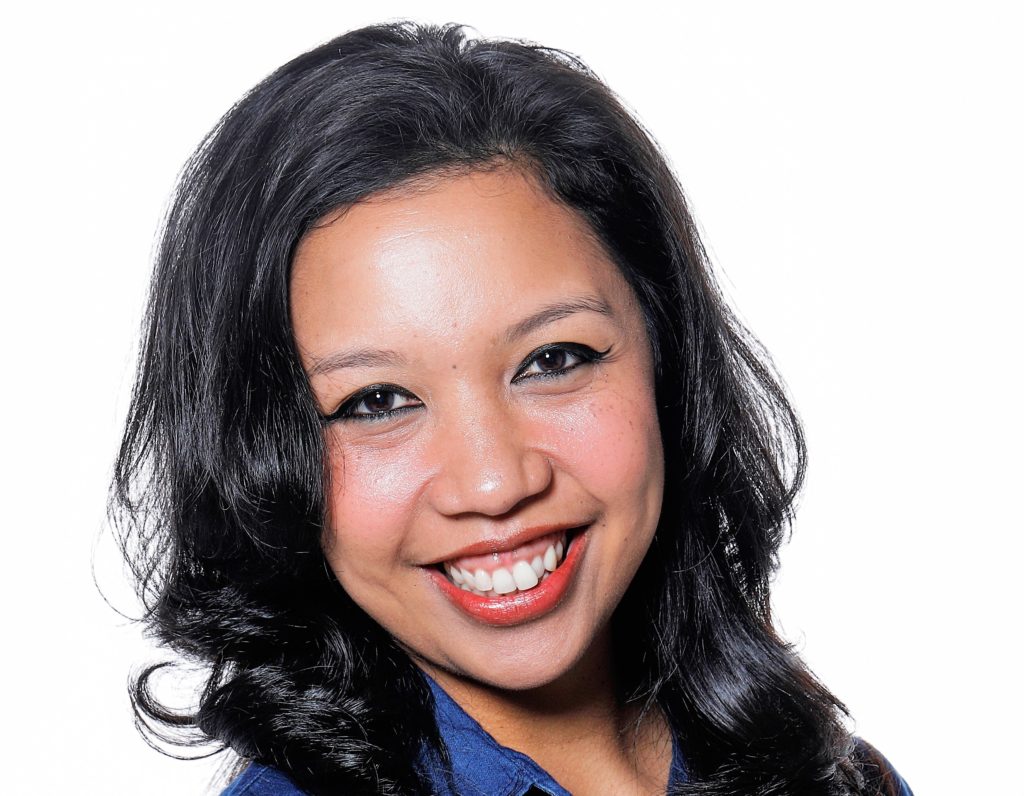Six national critics organizations are forming a coalition in order to champion marginalized voices in entertainment journalism. According to a press release, Critics Groups for Equality in Media (CGEM) plans to “improve awareness of the value of women, people of color, and LGBTQ journalists who cover the worlds of film and television.” The orgs comprising CGEM are TIME’S UP Entertainment; the Online Association of Female Film Critics (OAFFC); the African American Film Critics Association (AAFCA); the Features Forum of the Asian American Journalists Association (AAJA); GALECA: The Society of LGBTQ Entertainment Critics; and the Latino Entertainment Journalists Association (LEJA).
Other groups whose views align with CGEM’s will be invited to join in the future.
CGEM’s mission includes advocating for better pay on behalf of its members, cultivating new voices in media journalism, and improving interactions with studios, networks, PR firms, and other entertainment establishments.
Each of CGEM’s current affiliates will share their perspectives and ideas and collaborate together to pursue their goals. Potential initiatives include assigning a grade to studios, networks, and PR companies reflecting their relationship with each affiliate, and honoring PR reps and media execs who are actively promoting inclusion and equality in the field of entertainment journalism.
Mara Grobins Nasatir, Director of Initiatives, TIME’S UP Entertainment; Louisa Moore, President, OAFFC; Mariecar Mendoza, Director, AAJA; Gil Robertson, President, AAFCA; Clayton Davis, President, LEJA, and John Griffiths, Executive Director, GALECA will serve as CGEM liaisons.
CGEM’s advocacy for women, people of color, and the LGBTQ community is sorely needed in the world of film journalism. A recent study from Dr. Martha Lauzen concluded that male film reviewers outnumber women two to one. Per 2018 research from Dr. Stacy L. Smith, people of color made up just 16.8 percent of the reviewers on the top 300 films from 2015-2017.
“CGEM’s formation comes at a critical time in the industry,” said Mendoza. “When we talk about how representation matters in Hollywood, we should not forget that representation in the media is just as important.” She explained, “Ensuring that we provide access to a diverse pool of entertainment journalists brings new perspective and can help the media keep Hollywood accountable.”
“Early critical response to a movie determines important factors such as marketing budget and distribution,” added Nasatir. “Without greater diversity among the critical voices responding to content, not all movies, directors, writers, and creators are given the same opportunities to succeed.”






